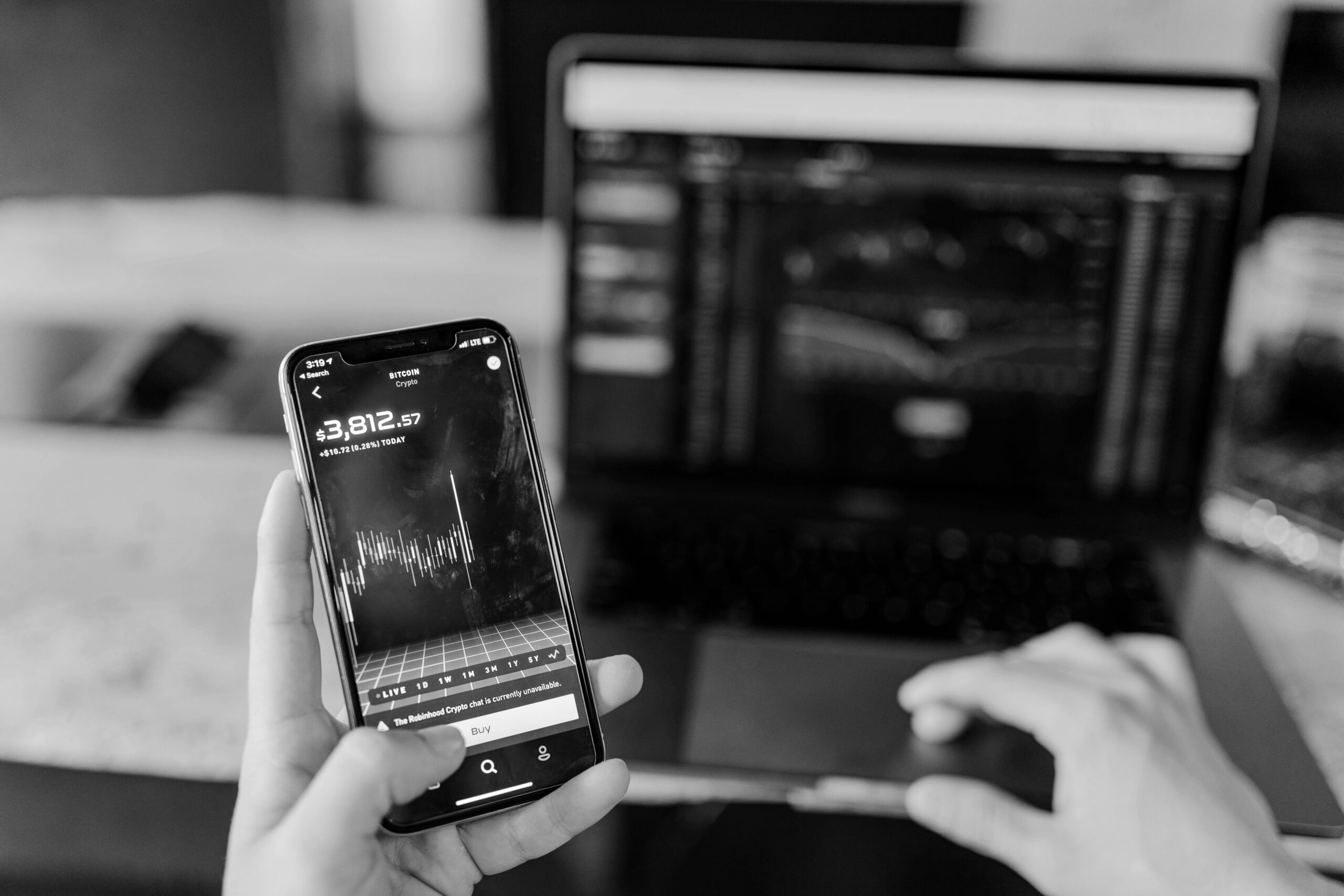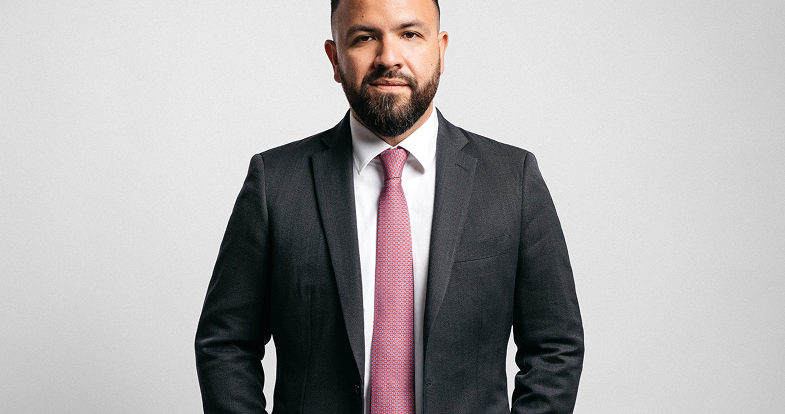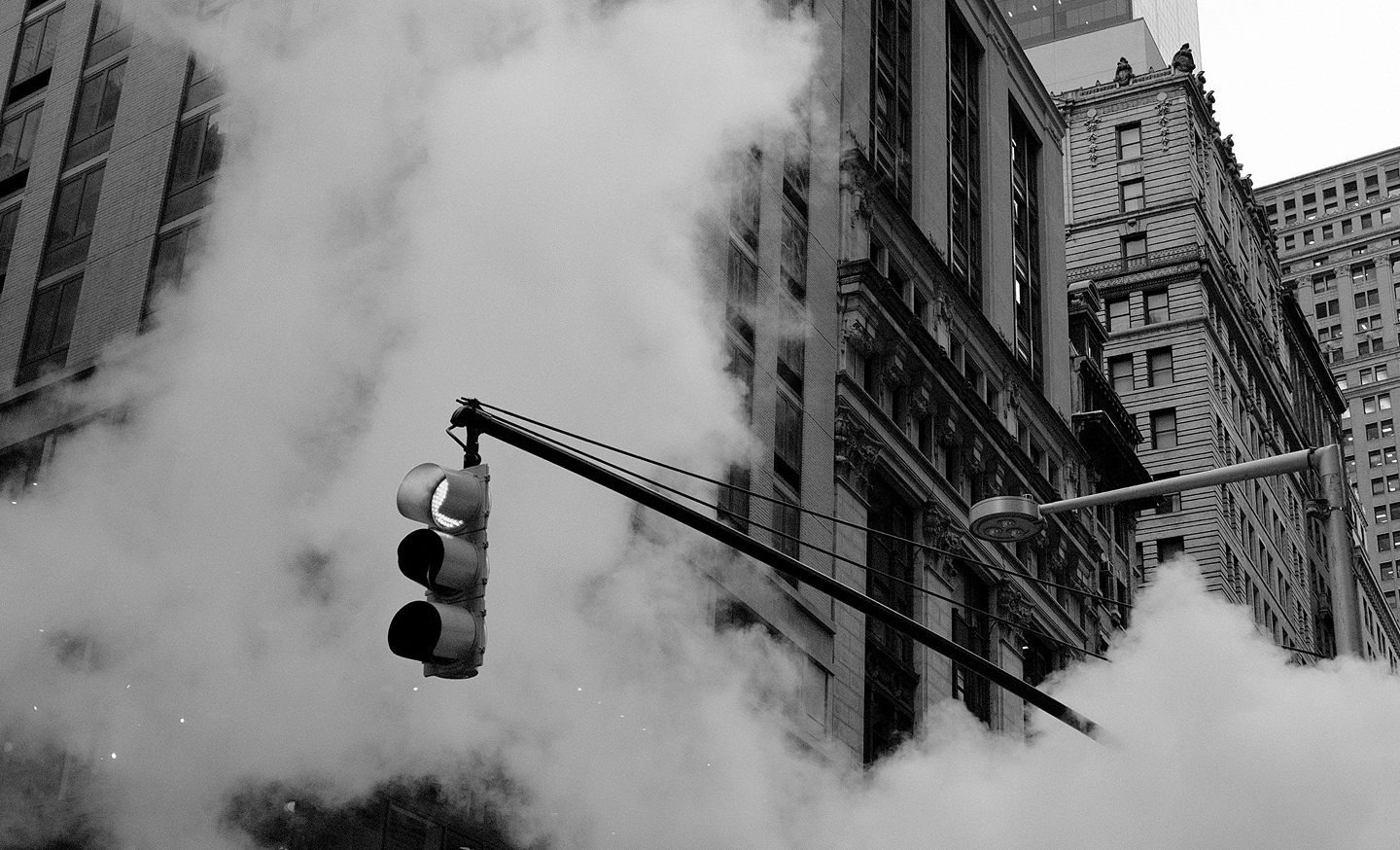Table of Contents

Top Question asked
Do I Have a Claim if Robinhood’s Platform Went Down During Volatility?
Possibly. Even if you never placed a trade, you may have a claim if outages locked you into positions, prevented risk management, or caused indirect losses. Each case depends on your account records, objectives, and what the platform represented to you.
Watch video about us
Self-directed trading does not mean you are on your own when a platform fails you. Online broker-dealers that promote innovation and access to the markets must still meet their regulatory duties. At Altamirano PLLC, we have deep experience filing and prosecuting claims against fintech brokers for trading restrictions, platform outages, and other misconduct that causes investor losses.
“I heard about one of Jorge’s cases on the news and knew that if anyone could help me, it was him. He didn’t disappoint – he and his team went above and beyond to find a resolution to my case that I am very grateful for.”
The GameStop Short Squeeze
The 2021 GameStop saga pulled back the curtain on how fragile self-directed platforms can be. What started as a grassroots trading wave ended with sudden restrictions, outages, and frustration for everyday investors. Several online brokers, including Robinhood, imposed trading limits at the height of the volatility. For many, that meant being locked out of trades when it mattered most. According to the House Committee on Financial Services, Robinhood’s culture prioritized growth over stability, and the firms with inadequate risk management imposed the harshest restrictions.
A Pattern of Platform Failures
The GameStop event was not the first time traders were left stranded. Robinhood and other platforms had already shown a pattern of problems:
- System outages: In March 2020, Robinhood’s app and website went dark for nearly two full trading days, cutting off millions of customers during one of the most volatile markets in history. FINRA later issued a record fine, citing the firm’s failure to supervise its technology and to maintain a workable continuity plan.
- Ignored regulatory warnings: Regulators warned that Robinhood’s stress testing for liquidity was too weak. The firm ignored the advice. Just days before the GameStop restrictions, Robinhood ran stress tests that underestimated its capital needs. When volatility hit, it was unprepared to handle the volume.
- Growth over safeguards: The House report found Robinhood’s business model favored rapid growth over sound internal controls. That trade-off left customers exposed.
These failures demonstrate the need for self-directed platforms to meet the same supervisory and risk management obligations as traditional broker-dealers.
Types of Misconduct by Online Platforms
Common problems on self-directed platforms include:
- Trading restrictions at critical moments
- System outages during peak volatility
- Payment for order flow conflicts that undermine a broker’s duty of best execution when routing customer orders
- Misleading marketing about platform reliability
- Failure to maintain adequate risk controls
Each of these types of misconduct can give rise to claims for negligence, misrepresentation, or failure to supervise in FINRA arbitration.
FINRA’s disciplinary record confirms Robinhood’s problems were not isolated. They were systemic, and they harmed investors at the worst possible times. These regulatory findings matter because they highlight the same conduct that supports FINRA arbitration claims.
Real Example: The Robinhood Arbitration Award
In January 2022, a FINRA arbitration panel issued the first and only monetary award in the country against Robinhood for its January 2021 trading restrictions. The case involved a 27-year-old retail investor, a truck driver from Connecticut, who held positions in meme stocks such as Koss (KOSS) and Express (EXPR). On January 28, 2021, Robinhood unilaterally restricted trading in those stocks. Prices fell, and the investor suffered losses.
The Statement of Claim asserted causes of action including breach of contract, breach of fiduciary duty, negligence, unjust enrichment, non-disclosure, and violations of federal securities law. The arbitration panel found Robinhood Financial and Robinhood Securities jointly and severally liable, awarding:
- $29,460.77 in compensatory damages
- 10 percent annual interest from January 28, 2021 through December 10, 2021
- Reimbursement of the FINRA filing fee
The award was publicized in outlets including MarketWatch and BusinessWire. MarketWatch described it as a “blueprint” for retail investors, and BusinessWire reported that it was the first such win for an investor anywhere in the country.
I was proud to represent the investor in that case and to secure this groundbreaking result. For retail traders, the award proved what many doubted: Robinhood can be held accountable.
At Altamirano PLLC, we continue to represent investors nationwide in cases against Robinhood and other fintech brokers whose restrictions, outages, or misrepresentations caused losses.
What FINRA Has Found
FINRA’s disciplinary record confirms Robinhood’s problems were not isolated. They were systemic, and they harmed investors at the worst possible times. These regulatory findings matter because they highlight the same conduct that supports FINRA arbitration claims.
Technology Failures During Volatility
Robinhood Securities relied on a proprietary clearing system called Sickle to process trades, generate margin calls, and maintain records. From March 2020 through January 2021, Robinhood was on notice that Sickle was nearing its capacity limits. The system repeatedly experienced hours-long processing delays, known as “runner lag,” during high trading volume.
- March 2020: At the height of pandemic volatility, Sickle lagged for over five hours on multiple occasions, leaving clearing functions at risk.
- September 2020: High volume around stock splits caused Sickle to lag for more than five hours.
- January 2021: Internal forecasts warned trading volume could double within weeks. On January 4, Bitcoin-related trades caused more than an hour of lag. On January 11, clearing operations were delayed until mid-afternoon. On January 25, extreme trading nearly caused Robinhood to miss regulatory deadlines for options reporting.
Despite these warnings, Robinhood did not reengineer its system or implement proper supervision. When GameStop volatility hit later that month, Sickle’s weaknesses amplified the crisis. FINRA found Robinhood violated Rule 3110 (supervision) and Rule 2010 (standards of commercial honor) by failing to supervise this critical technology.
For investors, this meant delays, trading restrictions, and lost opportunities when the market was moving fastest. When Robinhood’s systems failed, investors were the ones left holding the losses.
Misleading Customers and Misrepresentations
Between 2014 and 2021, Robinhood negligently distributed false and misleading information through its app about account balances, margin, and options risks. Its app suggested buying power that did not exist and minimized the risks of complex options strategies. Robinhood also failed to supervise these communications and opened thousands of accounts without properly verifying customer identities.
FINRA cited violations of Rules 2010, 2210 (communications with the public), 2220 (options communications), and 3110 (supervision). Robinhood paid a $57 million fine and over $12 million in restitution.
March 2025: Systemic Failures Continue
In March 2025, FINRA fined Robinhood $26 million and ordered $3.75 million in restitution. FINRA found that Robinhood:
- Mishandled market orders by converting them into limit orders (“collaring”), sometimes leaving investors with worse executions.
- Failed to detect manipulative trading, suspicious money movements, and account takeovers due to weak anti-money laundering programs.
- Failed to supervise its clearing technology system, which experienced severe latency during January 2021 due to a surge in trading volume and volatility. The breakdown impacted Robinhood Securities’ clearing operations and its ability to satisfy regulatory obligations.
- Failed to supervise paid social media influencers, some of whom made misleading statements to attract customers.
These findings show a clear pattern: Robinhood ignored red flags and prioritized growth over safeguards, exposing investors to risks that support FINRA arbitration claims.
These findings show a clear pattern: Robinhood ignored red flags and prioritized growth over safeguards, exposing investors to risks that support FINRA arbitration claims.
Class Actions vs Arbitration
Investors also pursued claims and even filed lawsuits against Robinhood through federal securities class actions. In 2023, a federal court in Florida declined to certify a class alleging market manipulation under Rule 10b-5, and much of that litigation has since settled. Class actions face high procedural hurdles, including proof of scienter and class wide damages, that often limit recovery. In FINRA arbitration, panels may be more willing to entertain Rule 10b-5 arguments, and investors can also bring parallel claims for negligence, misrepresentation, and failure to supervise under FINRA rules. These avenues give retail investors a clearer and more direct path to recovery than federal court.
How These Failures Harm Investors
When a trading platform shuts down or imposes restrictions, investors face:
- Missed opportunities during volatile markets
- Losses from being locked into positions
- Exposure to risks they never agreed to bear
- Erosion of trust in the fairness of the market
Whether your strategy was long-term investing or short-term momentum trading, restrictions and outages can cause serious disruption and real losses. For self-traders, a platform that locks you out or restricts trading can derail the strategy you chose and expose you to risks you never agreed to bear.
Self-directed does not mean unprotected. Investors are entitled to a fair, functional platform.
Legal Standards That Apply
Online brokers must follow the same rules as traditional firms:
- FINRA Rule 2010 – Requires high standards of commercial honor and just and equitable principles of trade
- FINRA Rule 3110 – Requires proper supervision of trading systems and personnel [Failure to Supervise]
- FINRA Rule 2020 – Prohibits manipulative or deceptive devices [Fraud or Misrepresentation]
- Regulation Best Interest (Reg BI) – Requires brokers to act in the best interest of retail customers
- SEC Rule 10b-5 – Prohibits material misstatements or omissions in connection with securities transactions. In arbitration, panels may be more willing to consider 10b-5 arguments, and investors can also assert claims for negligence, misrepresentation, and failure to supervise under FINRA rules
- SEC and FINRA compliance rules – Require firms to maintain adequate liquidity management and systems capacity to withstand spikes in trading volume
Our Approach to Platform Misconduct
At Altamirano PLLC, we hold fintech brokers accountable when their misconduct causes investor losses. We investigate how and why restrictions were imposed or systems failed, including reviewing communications, internal modeling, and trading data. We bring claims for:
- Position-closing-only (PCO) trading restrictions related to GameStop (GME) and other meme stock events
- Negligence in failing to maintain trading and risk management systems
- Misrepresentations and omissions about platform reliability and capacity
- Conflicts of interest, including payment for order flow that undermines best execution
- Improper trading restrictions that resulted in investor losses
Our goal is to help investors recover losses from platforms that promised more than they delivered.
Contact Us Today for Questions About Robinhood and Self-Directed Investor Claims
If you lost money because Robinhood or another trading platform restricted trading, went down at the wrong time, or failed to protect your interests, Altamirano PLLC can help.
At Altamirano PLLC, we represent investors nationwide as Robinhood arbitration lawyers in claims against Robinhood and other online brokers before FINRA. Call (212) 220-6556 or email [email protected] to discuss your case. We handle matters on a contingency fee basis, which means you do not owe us a legal fee unless we recover for you.
Contact Jorge Altamirano, Principal of Altamirano PLLC
One World Trade Center, 85th Floor
New York, NY 10007
(212) 220-6556
[email protected]
Securities claims are time-sensitive. If a self-directed platform cost you money through trading restrictions or platform outages, act quickly to protect your rights.
Robinhood & Self-Directed Investor Claims: Frequently Asked Questions
Can self-traders sue Robinhood for trading restrictions?
Do I have a claim if Robinhood’s platform went down during volatility?
Is payment for order flow legal?
What is Rule 10b-5 and how does it apply to Robinhood?



